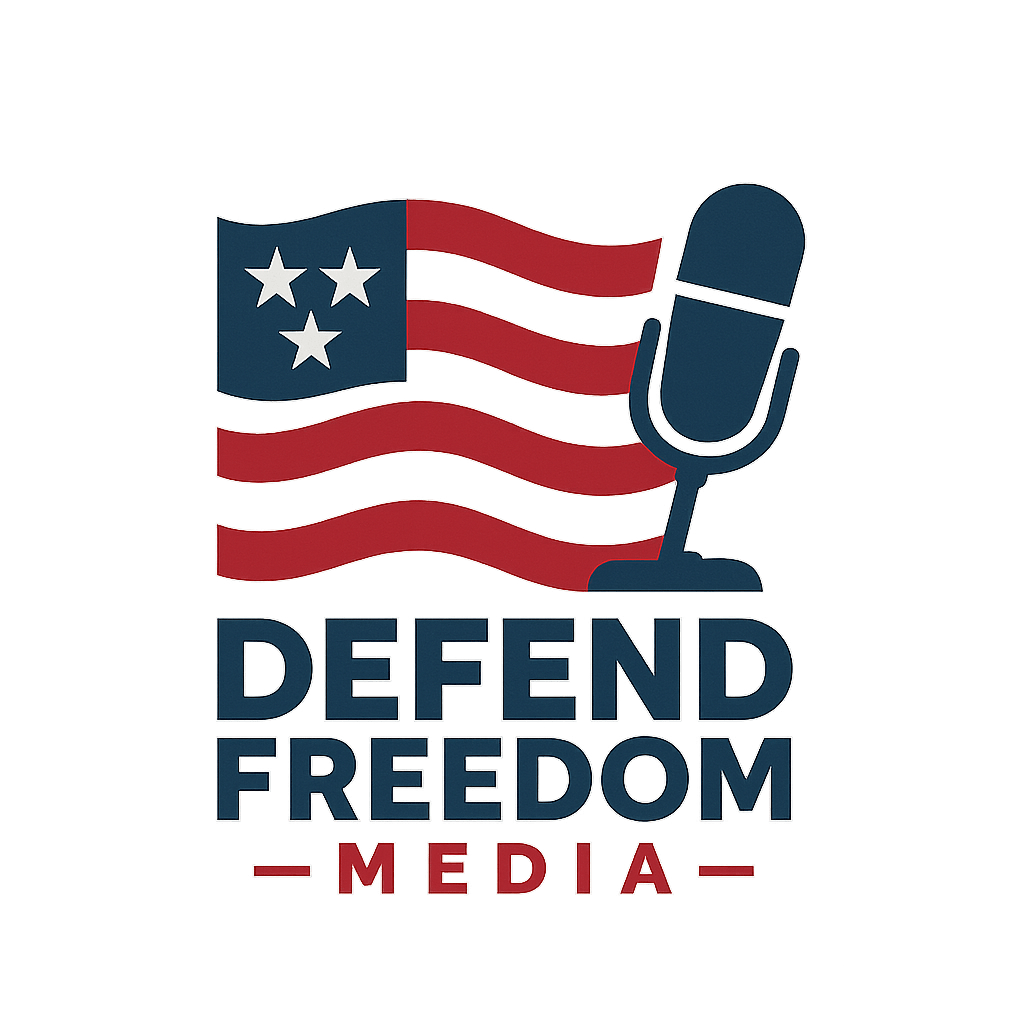
The Unsung Power of the First Amendment
The First Amendment is widely recognized for its essential role in upholding freedom of speech and expression in the United States. But its implications extend far beyond mere rhetoric; it's the foundation that safeguards every individual's right to express diverse opinions, even when those opinions are unpopular or controversial. Understanding the intricacies of the First Amendment can illuminate its importance in a society that thrives on diverse perspectives.
Real-World Applications of First Amendment Rights
In practical terms, the First Amendment serves as a crucial protective mechanism for numerous forms of expression, including artistic endeavors, journalism, and protests. For example, when artists push the boundaries of societal norms through provocative installations or performances, they exercise their right to free speech. This is not merely a theoretical right; it has real-world consequences that contribute to societal change and influence public discourse.
Controversies and Challenges
However, the application of the First Amendment is not without its challenges. As new technologies and social media platforms emerge, the landscape of free speech is continually evolving. Issues surrounding hate speech, misinformation, and censorship have sparked intense debates about what constitutes protected speech versus harmful expression. Understanding these nuances is vital for navigating the contemporary methods of communication where First Amendment rights come into play.
Comparative Perspectives: Global Views on Free Speech
Looking beyond the U.S., free speech protections can vary greatly across different countries. In nations with stricter laws against expression, such as those prohibiting criticism of the government, the contrast with American protections highlights the liberties that many take for granted. Understanding these global perspectives can enrich our appreciation of the First Amendment and the pressing need to protect these rights not just in theory, but in practice.
Actionable Insights and Civic Responsibilities
As engaged citizens, it is our responsibility to uphold and advocate for First Amendment rights. This means not only exercising our freedoms but also supporting others in their right to express dissenting opinions. Participating in community discussions, town halls, and educational platforms can foster a culture of respect and understanding, promoting the true essence of free speech.
In summary, the First Amendment is not just a historical artifact—it is an active and vital component of our democratic society. By understanding its applications, challenges, and the global perspective on free speech, individuals are empowered to take an active role in protecting their rights and the rights of others.
 Add Row
Add Row  Add
Add 




Write A Comment